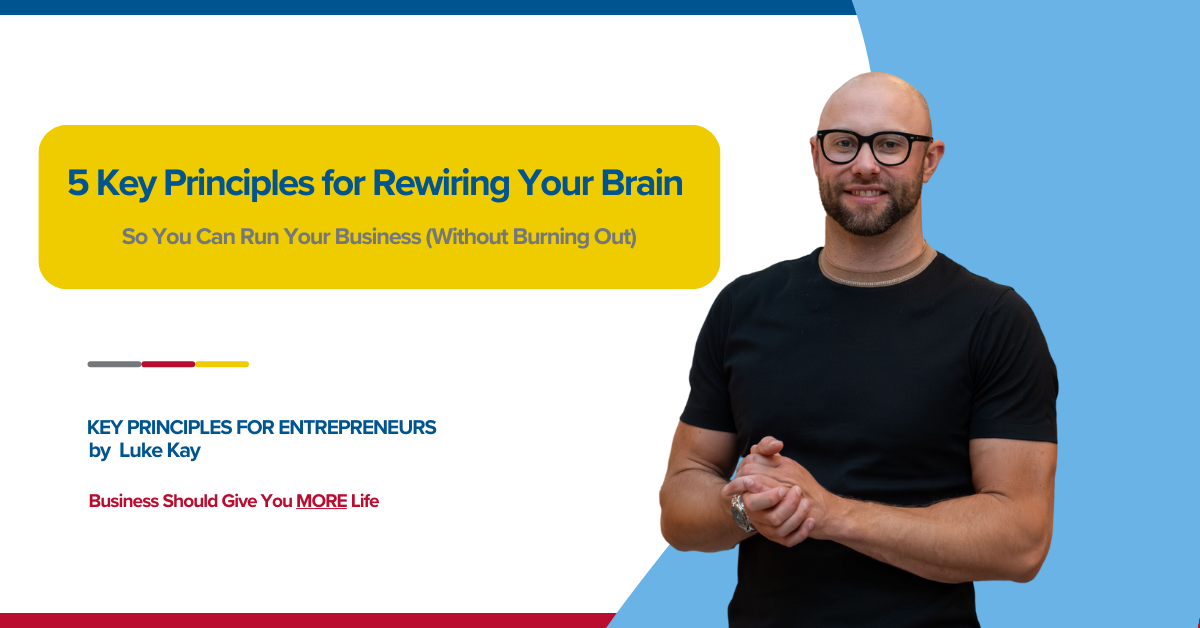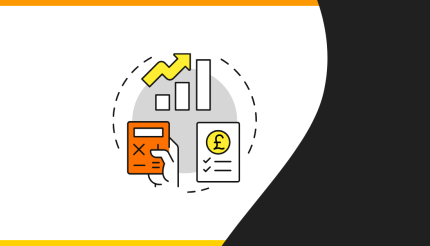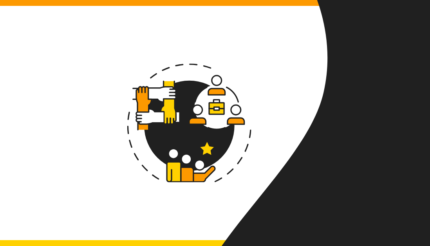If you’re running a business right now, your brain is under siege.
Not in a dramatic “end of the world” way. More like a constant drip of notifications, WhatsApps, emails, Slack pings, news alerts, and late-night scrolling that leaves you wired… but weirdly empty.
You close your laptop, but your head doesn’t switch off.
Or you pick up your phone “just for a second,” and 40 minutes disappear.
You’re busy all day, but somehow nothing important actually got done.
You’re not broken.
Your brain is just overstimulated.
TJ Power, a 28-year-old neuroscientist, speaker, and founder of Dose Lab, puts it perfectly:
“We live in a world that is hijacking our dopamine system… if you don’t understand how it works, you’ll spend your life chasing quick hits and feeling empty afterwards.”
In coaching, I see this all the time. It’s not just a time problem. It’s a brain-chemistry problem.
The good news: you can change it.
Let’s break it into 5 key principles using the brain’s four main chemicals – dopamine, oxytocin, serotonin, and endorphins – with real UK business examples to show what it looks like in the real world.
Key Principle #1: Stop Letting Your Phone Run Your Brain (Dopamine on Demand)
Dopamine is the “anticipation” chemical. It fires when there’s a chance of reward:
- A new notification
- A message
- A like or comment
- That little red dot on an app
Your phone and social feeds are designed to keep that loop going. Every swipe, tap, and refresh is a small dopamine hit.
The more of those quick hits you get, the harder it becomes to sit still and do deep, meaningful work.
Key Principle #1 Case Study: Calmer – Managing Tech Overload in Real Life
Calmer, a UK-based mental health consultancy founded by Tania Diggory, supports entrepreneurs and teams dealing with burnout and digital overload. One of the simple practices they encourage is setting boundaries with devices – scheduled check-ins instead of constant checking.
In workshops, they’ve seen that when leaders switch from “always on” to designated focus blocks (phones away, notifications off), productivity goes up and anxiety goes down. Nothing dramatic – just giving the brain space to work without constant interruption.
- Turn off non-essential notifications
- Move social apps off your home screen
- Create phone-free focus blocks (even 60–90 minutes) for deep work
You’re not eliminating dopamine. You’re choosing where it comes from.
Key Principle #2: Build Real Connection, Not Just Online Contact (Oxytocin)
Oxytocin is the “connection” chemical. It comes from real human interaction, proper conversations, shared experiences, being fully present.
On the surface, we’re more connected than ever. Underneath, a lot of business owners feel lonely and disconnected, even when their inbox is full.
Key Principle #2 Case Study: Heartcore – Community Over Followers
Heartcore, the boutique fitness brand founded by Jess Schuring in London, didn’t grow just by posting workouts on Instagram. Their studio experience is built around real human connection, coaches who know your name, small classes, encouragement, and community events.
Members don’t just join for the workout. They come back because they feel seen, supported, and part of something. That’s oxytocin in action – and it’s a big reason their clients stay loyal.
- Swap one email thread for an actual phone call or video chat
- Book regular 1-to-1s with key team members and clients
- Add small rituals: weekly team coffee, check-ins, or end-of-week debriefs
Likes and comments can’t replace proper connection. Your brain knows the difference.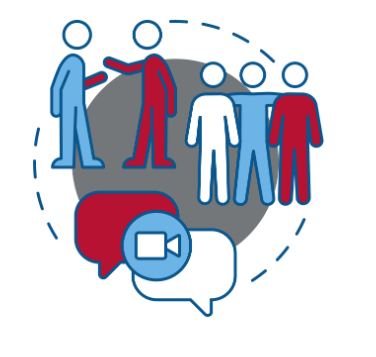
Key Principle #3: Feed Your Mood, Not Just Your Calendar (Serotonin & Gut Health)
Serotonin is linked to mood, confidence, and feeling settled – and a big chunk of it is produced in your gut. Food, sleep, and routine all play into how stable you feel.
If you’re living on caffeine, sugar, and whatever’s in the nearest petrol station, no wonder you feel foggy and short-fused by 3pm.
Key Principle #3 Case Study: Deliciously Ella – Food, Mood and Function
Deliciously Ella, founded by Ella Mills, started as a personal blog about using whole foods to improve health and energy. It’s now a major UK plant-based brand.
A lot of their content, books, and products focus on simple swaps – more plants, fibre, and minimally processed food – and how that affects energy and mental wellbeing, not just weight. Many of their customers report a better mood and more stable energy when they make those changes.
For busy business owners, it’s the same idea: small shifts in what you eat can have a big impact on how you feel and think.
- Try a 24-hour “no processed food” day – just real food
- Add one gut-friendly habit (more fibre, fermented foods, or just more water)
- Eat proper meals, not just coffee and biscuits between calls
You can’t expect clear thinking from a brain running on junk.
Principle 4: Earn Your Highs Through Effort (Endorphins & Movement)
Endorphins are your natural “feel good after effort” chemicals. They kick in when you move, stretch, push yourself a bit, or physically work hard.
Modern life makes it easy to avoid effort: sit, scroll, snack, repeat. But that shortcut leaves your brain feeling flat.
Key Principle #4 Case Study: Parkrun UK – Free Movement, Real Impact
Parkrun UK started as a small group run in Bushy Park and grew into a huge free weekly 5K movement across the country. There’s no fee, no pressure, no fancy tech – just people showing up, moving their bodies, and feeling better for it.
So many business owners, leaders, and professionals now use Parkrun as a weekly reset: time outside, a bit of effort, and a hit of endorphins and community all rolled into one.
- Add 30 minutes of movement three times a week – walk, run, gym, doesn’t matter
Use movement as a “buffer” between work and home at the end of the day - Make it social if you can, join a class, a club, or do it with a friend
Endorphins reward effort. They help you feel good for doing something hard, not just something easy.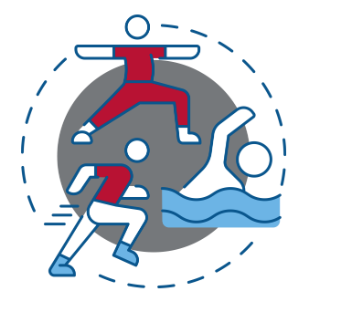
Key Principle #5: Run Your Own 30-Day “DOSE Reset” (Design Your Dopamine)
Plan and execute a 30-day challenge to reset your brain chemistry – not by going extreme, but by being intentional.
Think of DOSE as your four-piece band:
- Dopamine – motivation and drive
- Oxytocin – connection and trust
- Serotonin – mood and stability
- Endorphins – effort and reward
Most business owners blast dopamine (phone, email, social) and starve the others.
Key Principle #5 Case Study: Headspace for Work – Structured Reset for Brains at Work
While Headspace started as a meditation app, Headspace for Work has been used by UK companies like John Lewis & Partners and Marks & Spencer as part of wellbeing programmes.
They’ve run internal “mindfulness and reset” challenges where staff commit to short daily practices – breathing, reflection, or movement. Over a few weeks, they report better focus, less stress, and improved mood. It’s not magic – it’s a structured reset for busy brains.
You can do the same for yourself as a business owner – just tailored to DOSE.
Pick one habit for each DOSE chemical for the next 30 days:
- D – Cut one source of junk dopamine (e.g. no phone for the first hour of the day)
- O – One real connection a day (message someone properly, not just react to a story)
- S – One positive food or sleep habit (e.g. no late-night scrolling, earlier dinner)
- E – 20–30 minutes of movement most days
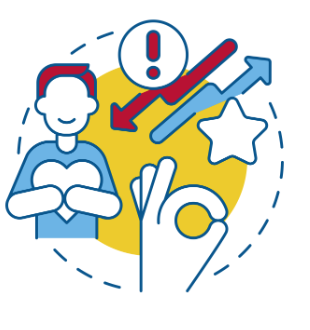
Track how you feel, not just your to-do list.
“The point isn’t to remove dopamine. It’s to choose your dopamine… the stuff that’s harder but makes life more fulfilling.”
A Better Brain Builds a Better Business
This isn’t about going offline forever or living like a monk.
It’s about understanding that if you don’t take charge of your brain chemistry, the world will. And if your brain is constantly flooded with shallow dopamine and starved of everything else, you’ll always feel scattered, tired, and “behind,” no matter how good the numbers look.
But if you start designing your DOSE –
- Choosing deeper, slower dopamine
- Creating real connection
- Feeding your mood through better habits
- Moving your body and earning your highs
You don’t just feel better. You make better decisions. And over time, better decisions compound into a better business.
Because behind every strong business is a brain that’s clear enough to lead.
Want Help Doing This in Real Life?
Take Action
If you know you’ve been running on quick hits instead of real progress, now’s the time to change it.
Book a Clarity Call with me if you want support applying this to your world, your team, and your numbers.
Our Events
You don’t need another book, podcast or saved reel telling you what you “should” be doing. You need space to actually think, reset, and put this into practice.
That’s why we run in-person business growth MasterCLASSes and 90-Day Planning workshops through our Entrepreneurship Academy and 1-2-1 Business Coaching Programmes, sessions where we talk honestly about stuff like dopamine, distraction, burnout and performance… and then build real habits and strategies around it.
You’ll walk away with:
- Simple tools to create focus again
- Practical ideas to protect your energy
- A clearer plan for how you want to run your business and your life
First time joining us? You’re welcome to come along as a guest.
If this hit home and you know your brain has been running on fumes, not fuel, come and join us at one of our events in Liverpool.
No hype. No “crush your goals” nonsense. Just real conversations with business owners who get it – and practical tools you can use the next day.
Book your spot at the next event and let’s get your head – and your business – working for you again.


